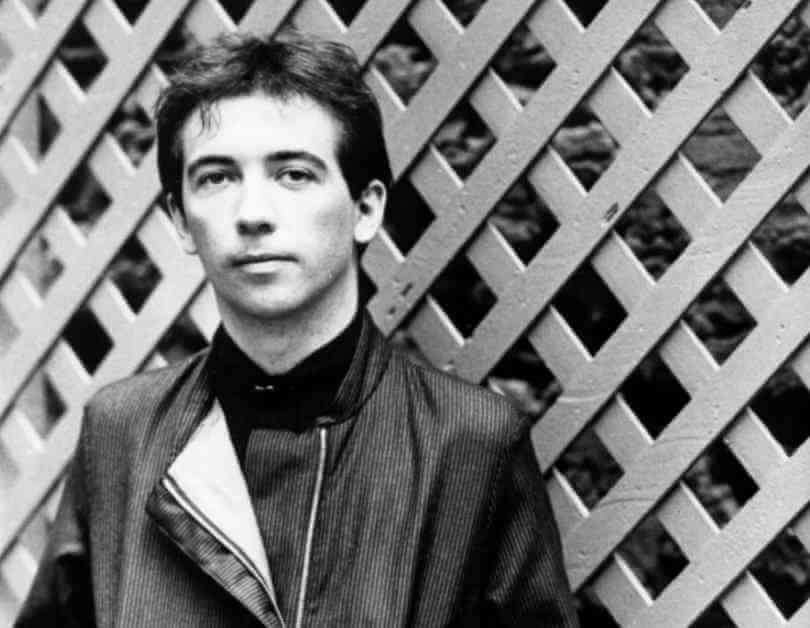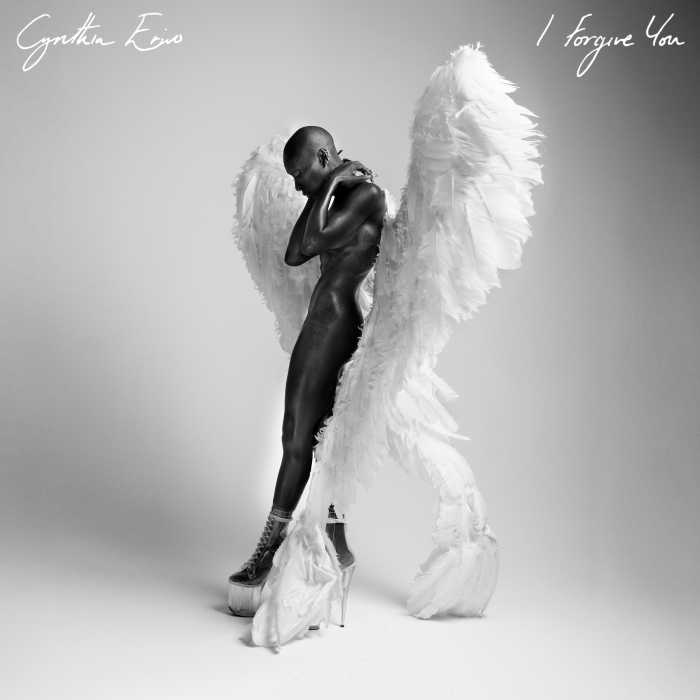Pete Shelley wasn’t the only LGBTQ musician involved in the 1970s punk scene, but he was the most talented and the one whose legacy has proved to be the most influential.
Born Peter McNeish in Lancashire, England in 1955, he formed Buzzcocks in Manchester with singer Howard Devoto in 1976. Quickly becoming disenchanted with punk, Devoto left to form the band Magazine, and Shelley became Buzzcocks’ lead singer and main songwriter. In 1977, they released the EP “Spiral Scratch” on their own New Hormones label and signed to EMI.
Buzzcocks broke with the notion that punk should consist solely of angry expressions of alienation and direct political accusations. If the Clash and the Sex Pistols inadvertently reinforced a tradition of rock’n’roll machismo while trying to rebel, Shelley’s songs spoke eloquently about the vulnerability and rejection that come with love and sex. His more philosophical songs looked inward.
Buzzcocks’ first major label single, “Orgasm Addict,” got banned from many radio stations, but it addresses the downside of the sexual freedom of the ‘70s with a campy wit. The band queered the Ramones’ bubblegum through blown-out speakers sensibility, borrowing as well from the pop sparkle of the early Beatles, the propulsion and groove of German bands like Can and Neu!, and glam artists like T. Rex and “Ziggy Stardust”-era David Bowie.
I’m not sure how many people noticed while the first incarnation of Buzzcocks were together, but Shelley’s love songs never mentioned the gender of his partners. Their 1978 single “Ever Fallen In Love (With Someone You Shouldn’t’ve)” has gone down in history as Buzzcocks’ biggest hit. It was inspired by Shelley’s seven-year relationship with a man named Francis.
Shelley came out as bisexual in 1981, around the release of his first solo single, “Homosapien.” It was promptly banned by the BBC for its allusions to gay sex with lyrics like “homo superior in my interior.” In 2018, it’s more memorable for its recognition that sexual labels can be traps (“I don’t wanna classify you like an animal in the zoo”) and insistence about the simple humanity of all LGBTQ people (“you’re a homosapien too, I’m a homosapien like you”) without abandoning frank desire in its claims of universality.
Shelley’s solo career, however, is too often reduced to that one song. He actually recorded “Sky Yen,” an album of 20-minute instrumental electronic drones in 1974, but it wasn’t released until 1980. After the breakup of Buzzcocks, he recorded several albums in an electronic pop vein.
The band reformed in 1989, releasing their fourth album, “Trade Test Transmissions,” in 1993. Their earlier compilation “Singles Going Steady” and third album “A Different Kind Of Tension” transcend the punk context: they rank with the best music produced in the ‘70s in any genre. Beyond Shelley’s penchant for love songs, “I Believe” spends seven minutes pondering the emptiness of politics and organized religion while trying not to succumb to the nihilism other bands turned into empty sloganeering.
Shelley’s sudden death from a heart attack at age 63 on December 6 came as a shock. The current lineup of Buzzcocks, which also includes original guitarist Steve Diggle, planned a US tour next year. Information about Shelley’s private life is hard to come by. At the time of his death, he had moved from Manchester to Estonia. He’s survived by his brother Gary.



































